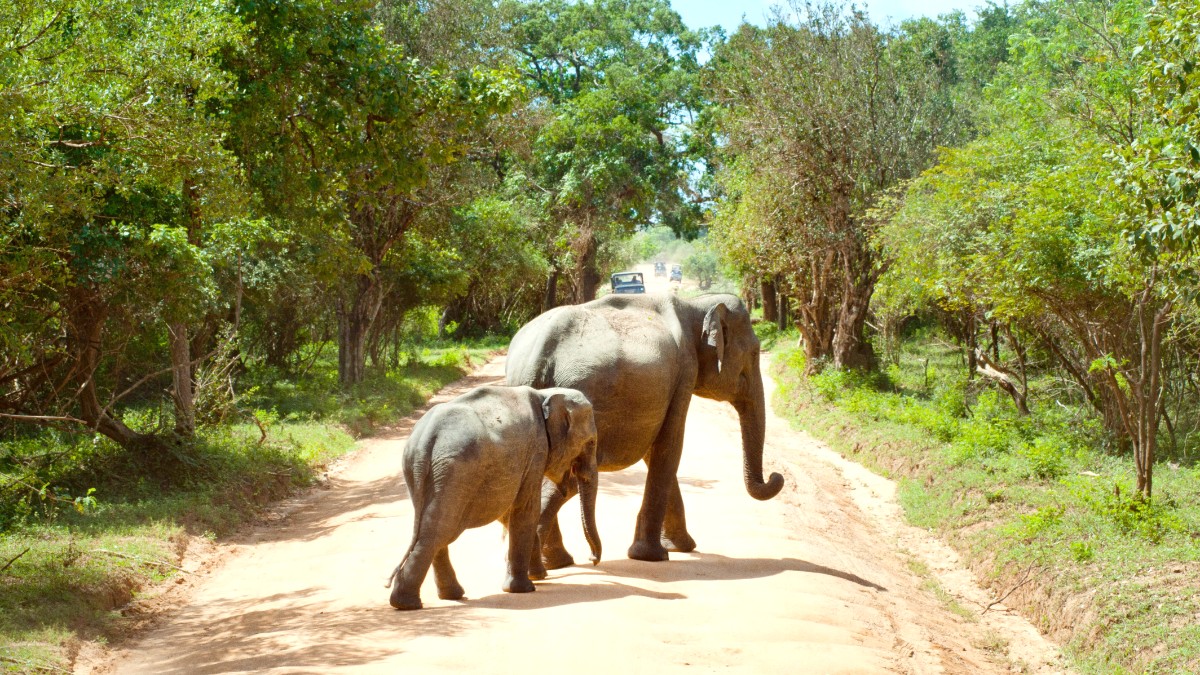
The South, Sri Lanka
Sri Lanka’s tropical climate means lightweight, breathable clothing. Opt for natural fabrics like cotton and linen, or moisture-wicking synthetics. These materials handle high temperatures and humidity well.
Modest dress is appreciated throughout Sri Lanka, specifically outside of beach resorts. This shows respect for local customs.
Comfortable, closed-toe shoes are sufficient. Hiking boots are generally not necessary as you stay inside the jeep.
Sandals or Comfortable walking shoes are good choices for exploring towns and around hotels.
Waterproof sandals are useful for wet conditions or near water bodies like lakes or coastal areas.
Keeping your documents organized and safe is a good practice. Carry originals and keep digital/physical copies stored separately.
Stay connected and capture your memories with these technology recommendations.
Capture stunning wildlife moments and keep your data safe.
Regularly upload your photos and important documents to cloud services like Google Drive or Dropbox.
Carry a small, portable hard drive or multiple memory cards to duplicate your data, safeguarding against device loss.
Utilize a VPN for secure internet access, especially on public Wi-Fi networks, protecting your sensitive information.
Maintaining your health on the road is important. A well-stocked first aid kit covers common issues.
Protect yourself from tropical sun and ensure safe hydration.
Binoculars are helpful for spotting distant wildlife and observing birds and shy animals in detail. A good quality pair greatly enhances your safari experience.
Safari drives can be dusty, especially during the dry season. Protect yourself and your gear.
Some items are better rented locally, while others are best brought from home.
Small items can make a big difference for comfort and security during your travels.
Travel responsibly and be prepared for local conditions.
Reduces plastic waste; fill up anywhere.
For your drinks on the go.
Avoid single-use plastic cutlery.
Handy for market visits, reduces plastic bags.
Pack light and efficiently. A rolling method for clothes saves space and minimizes wrinkles. Consider packing cubes to keep your belongings organized.
Carry a small daypack for daily excursions and safaris, keeping essential items like water, camera, and insect repellent handy.